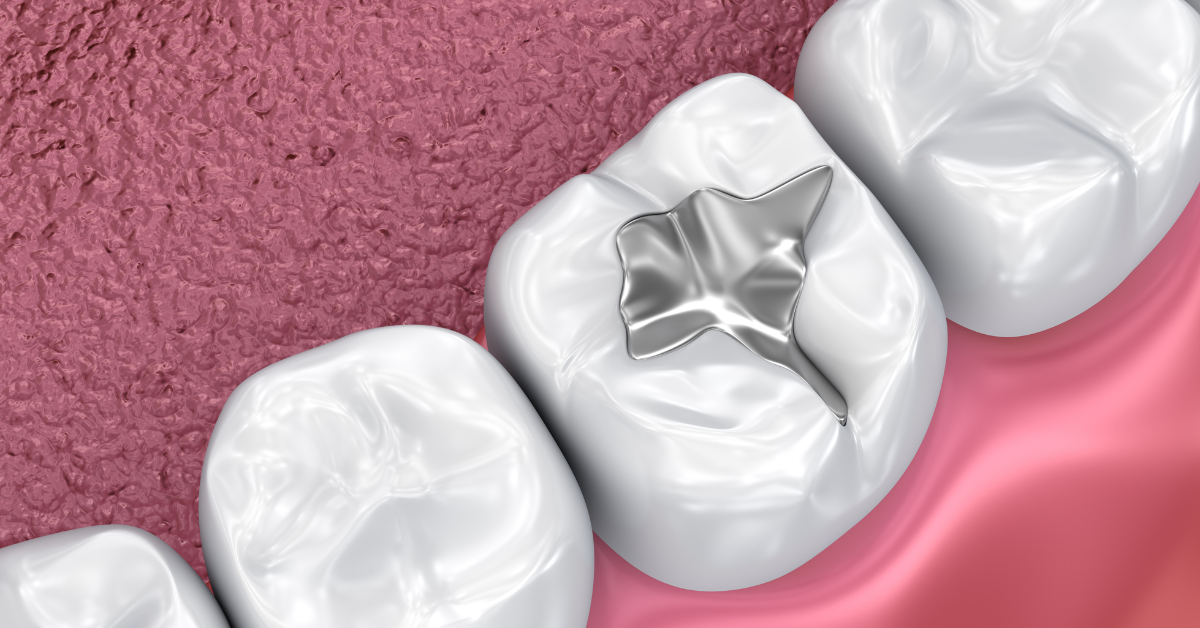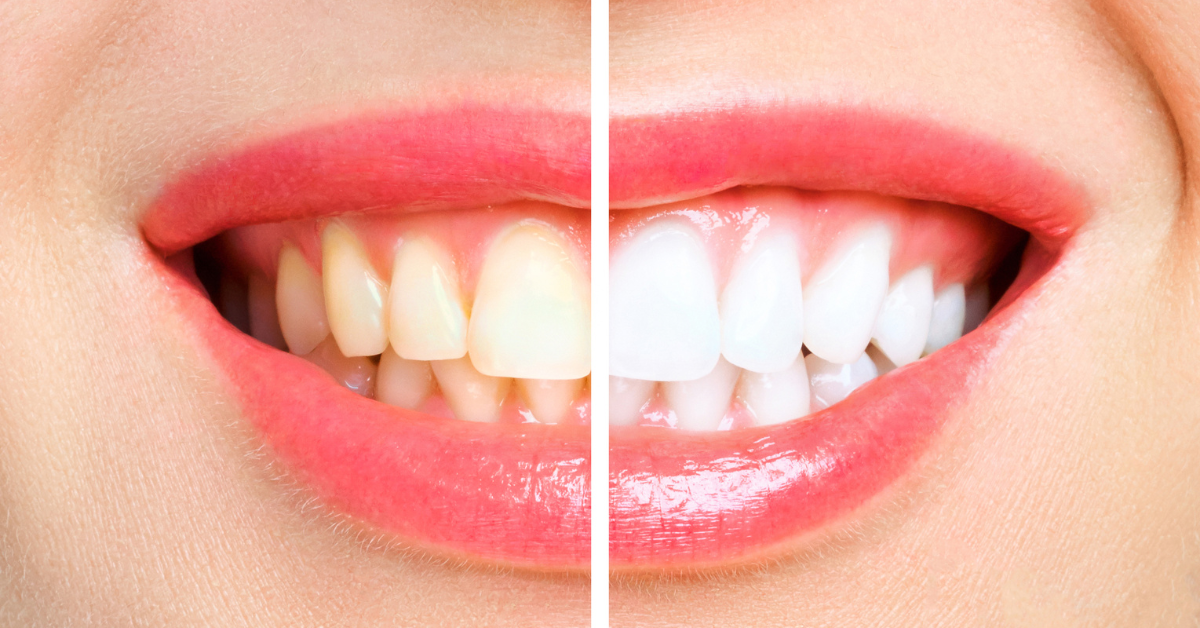Dental fillings are a common and effective way to treat tooth decay. They are used to restore the shape, function, and appearance of teeth that have been damaged by decay. Fillings are typically made of a composite resin material that is tooth-colored, so they blend in with the surrounding teeth.
How long do dental fillings last?
Dental fillings are not permanent, but they can last for many years with proper care. The lifespan of a dental filling will depend on several factors, including:
- The location of the filling: Fillings that are placed in areas of the mouth that are subjected to more wear and tear, such as the back teeth, may not last as long as fillings that are placed in areas of the mouth that are subjected to less wear and tear, such as the front teeth.
- The type of material used: Different types of fillings can last for different lengths of time. For example, composite resin fillings typically last for about 5 to 10 years, while metal fillings typically last for about 10 to 15 years.
- The patient’s oral hygiene: Patients who practice good oral hygiene are more likely to have their fillings last longer.
Can fillings fall out?
Yes, fillings can fall out. This can happen for a number of reasons, including:
- Decay under the filling: If decay develops under the filling, it can cause the filling to loosen and fall out.
- Wear and tear: Over time, fillings can wear down and become loose.
- Trauma: If a tooth with a filling is subjected to trauma, such as a fall or a blow to the mouth, the filling may fall out.
What happens if a filling falls out?
If a filling falls out, it is important to see a dentist as soon as possible. The dentist will be able to assess the situation and determine the best course of treatment. This may involve replacing the filling, or it may involve performing a more extensive procedure, such as a root canal or a crown.
How to care for dental fillings
To help extend the lifespan of your dental fillings, you should practice good oral hygiene. This includes:
- Brushing your teeth twice a day with a fluoride toothpaste.
- Flossing once a day.
- Avoiding sugary drinks and snacks.
- Seeing your dentist for regular checkups and cleanings.
Are there any alternatives to dental fillings?
In some cases, there may be alternatives to dental fillings. These alternatives include:
- Dental crowns: Dental crowns are caps that are placed over the entire tooth. They are a good option for teeth that have been severely damaged by decay or trauma.
- Inlays and onlays: Inlays and onlays are custom-made pieces of material that are bonded to the tooth. They are a good option for teeth that have smaller areas of decay.
- Dental implants: Dental implants are surgical posts that are placed in the jawbone. They are used to support a crown or bridge.
Conclusion
Dental fillings are a valuable tool for treating tooth decay. With proper care, they can last for many years. If you have any questions or concerns about dental fillings, talk to your dentist. Please find the dental office near you in these locations: Attleboro, Chelmsford, Hyde Park, Jamaica Plain, Lynn, Manchester, Methuen, Roslindale, Taunton.




